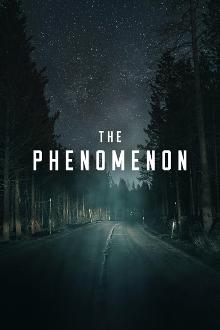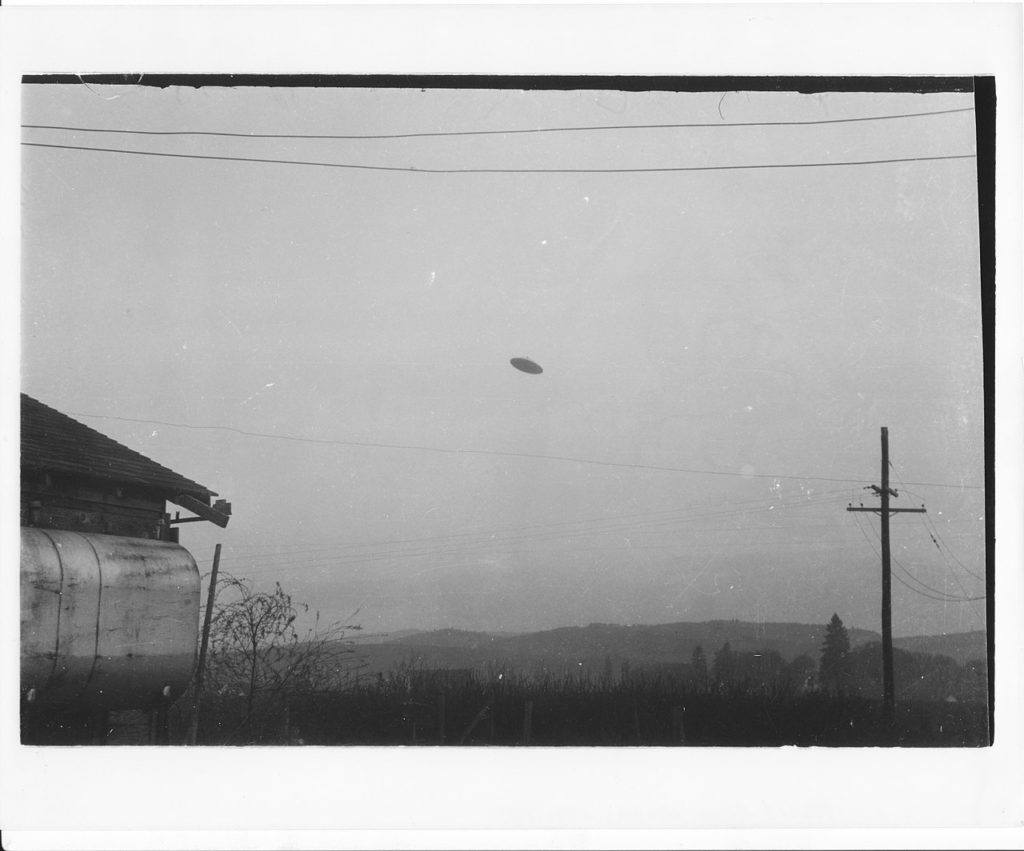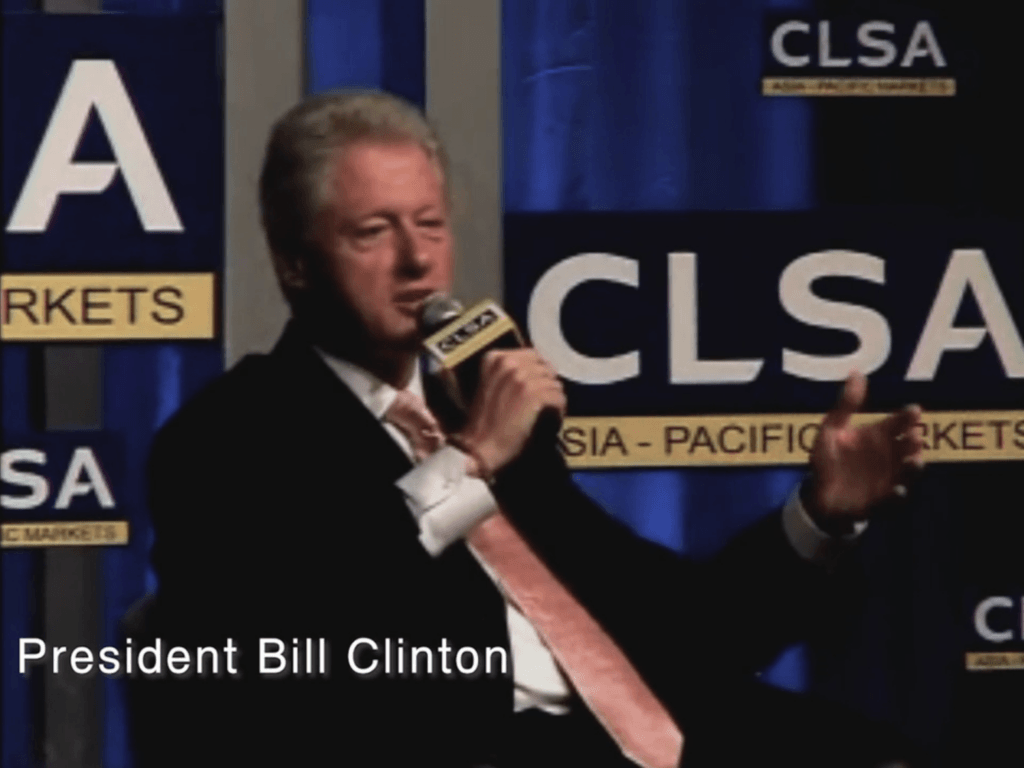by David Kordahl

There are two main types of people who seek out arguments that contradict their beliefs: those who are not afraid to change their mind, and those cannot imagine themselves doing so. I’m not sure which type I was a few years ago when I watched Out of the Blue, a documentary that billed itself as “the definitive investigation of the UFO phenomenon.” I was living at the time near Phoenix, Arizona, and was vaguely aware of its paranormal enthusiasts, but I wasn’t one of them. I watched the documentary as entertainment, to distract myself while grading papers. (Back then, I was teaching high school science.) When I turned it on, I hadn’t expected to be convinced. I also hadn’t expected Phoenix to play any part in the movie, so I was surprised to learn, in its first extended segment, about the “Phoenix lights,” a mass UFO sighting over Phoenix in 1999, and even more surprised when Fife Symington, Arizona’s governor during the incident, confirmed on camera that he had seen something and, despite his best efforts, hadn’t gotten to the bottom of it.
This was the first time I had ever considered UFOs as a non-fictional possibility, and I went around asking friends and coworkers about it. I only met one person who said she had seen the lights, a laboratory technician from Maricopa who played viola in my chamber music group. I remained interested in the subject, but despite her confirmation I looked no further.
Too bad for me. UFOs have gotten a mainstream boost in the past few years, and seem now to have neared the cusp of respectability. In 2017, the New York Times reported on the existence of ongoing efforts within the US defense department to understand them, and since then the gray lady has continued her UFO coverage apace. In 2019, the New Yorker published an interview with Avi Loeb, the Harvard astronomer who has argued that ‘Oumuamua, an elongated object spotted within our solar system, may be a guided craft, and this month, they reviewed Loeb’s book on the subject.
At the end of 2020, James Fox, the director of Out of the Blue, released a new film titled The Phenomenon. It’s a polished piece of work (“the definitive investigation of the UFO phenomenon” might be a good tagline for it if that one weren’t already taken), and it’s designed to capitalize on the new UFO respectability, of which Fox is but one architect. Yet as a viewer, I’ve changed, and what might have been mind-blowing a few years ago now seems a little propagandistic, though I admittedly continue to be confused.
First, let me try to describe The Phenomenon as I might have described it before I got sucked down the rabbit hole. As any skeptic will tell you, for a phenomena that has persisted to some degree or another at least since Kenneth Arnold spotted something over Washington state in 1947 (and those investigators who accept a continuity with spooky sightings throughout history would stretch this timeline back much farther), there’s a suspicious lack of physical evidence for UFOs. Fox assembles here only those cases that have passed at least initial rounds of scrutiny. We trot past the McMinnville UFO Photographs (1950), the sightings over Washington D.C. (1952), and the incidents at Levelland, Texas (1957). We learn how the US Air Force opened Project Blue Book (1962-1970) to investigate its thousands of reported sightings, and how the University of Colorado UFO Project (1966-1968) brought together academic researchers to study the issue, led by Dr. Edward Condon.

The resultant Condon Report then answered the question of whether UFOs should be taken seriously by scientists, effectively concluding that they shouldn’t. This conclusion pushed the story of UFOs in America in a paranoid direction. Of course, each one of the aforementioned incidents came with its attendant controversies (just click on any hyperlink in the last paragraph and scroll down to read each one’s grounds for dismissal), but it wasn’t until the Condon Report gave people cause to label UFO sightings as unscientific that their continued existence became a problem.
The Phenomenon presents a paranoid vision that many UFO enthusiasts support. The reason there’s so little physical evidence for UFOs, goes this narrative, is that the US government has been squirreling it away. The disturbing part of this explanation is that some well-connected figures are willing vouch for it. Astronaut Gordon Cooper, for instance, is shown in a historical clip talking about how film footage he took of a UFO was taken from him by the military and never returned; in an interview for this film, former Senator Harry Reid claims there have been many such cases.
So if hard evidence exists somewhere, where is it? In the properly paranoid style, the answer is that if anyone knows, they ain’t talking.
For me, the most fascinating part of the film had to do with the Clinton administration’s attempts to uncover the real story of what happened near Roswell, New Mexico, in 1947. During the Clinton years, this most celebrated and contested of UFO cases was officially reviewed. The result of the investigation, The Roswell Report: Case Closed, claimed that the photographed wreckage was indeed from a weather balloon, as in the initial claims, but that the weather balloon was from Project Mogul, a then-classified program to monitor the atmosphere for long-ranged sound waves that acted as indicators of nuclear tests in the Soviet Union.
As the narrator points out (Peter Coyote’s voice is familiar from all those Ken Burns documentaries), this review barely changed the original story. To undercut that story, The Phenomenon shows us footage of Jesse Marcel, one of the men who originally posed with the weather balloon fragments, who denounces them as a cover for what was actually picked up, which “was not anything from this Earth—that I’m quite sure of.”
In his post-presidency, Bill Clinton also seemed to feel that he had missed something. In a clip presented in The Phenomenon, Clinton admits,
I did attempt to find out if there were any secret government documents that reveal things, and if there were, they were concealed from me, too. I wouldn’t be the first president that underlings have lied to, or that career bureaucrats have waited out. But there may be some career persons sitting around somewhere hiding these dark secrets even from elected presidents, but if so, they successfully eluded me, and I’m almost embarrassed to tell you, I did try to find out.
He plays this for a laugh, ending with an open palm to his forehead. The audience roars.

I’m not sure anyone should get excited about Roswell, but this anecdote pinpoints two main problems for those expecting the United States government to answer their questions about UFOs. For one thing, if there’s no official question, who’s going to provide the answer? And for another, if any answers were openly shared, why would you believe them?
Questions of how to rebuild public trust have been in the air lately, but anyone with an eye on the conspiracy literature knows that this problem is not new. For UFO enthusiasts, the problem of government mistrust is especially acute, because important elements of the UFO lore in the 1980s turned out to be deliberately planted government misinformation. Cognoscenti will recount the story of Paul Bennewitz, a physicist who lived near an air base in Albuquerque, New Mexico, whose paranoid ideas about underground alien bases, far from being debunked when they were presented to the Air Force, were encouraged by Air Force personnel, who fed Bennewitz’s theories back to him as “official” documents. This led Bennewitz to adopt ever more extreme versions of such ideas, which led to his eventual breakdown. (More about the Bennewitz affair can be found in two fascinating books: Project Beta, by Greg Bishop, and Mirage Men, by Mark Pilkington.)
Such aspects of the UFO history—instances where UFO boosters are credulous, or when they engage (let’s be charitable) in motivated reasoning—aren’t part of the story that James Fox wants to tell. Nor do we hear much about sinister encounters or abduction claims. The tale presented here is one of thoughtful, earnest investigators trying to explain strange happenings, and being stonewalled by their governments.
The researcher who appears most often in the film, Jacques Vallée, has been actively studying UFOs for many decades, ever since Project Blue Book. Vallée is a sort of transitional figure. His engineering achievements allow him to comment on nuts-and-bolts physical research, and his visionary books, including Passport to Magonia: From Folklore to Flying Saucers, were among the first to connect UFOs to older traditions.
Though The Phenomenon includes plenty of the nuts-and-bolts stuff—no UFO documentary would be complete without its cockpit imagery—Fox seems to appreciate that proof here is less engaging than contact. The part of the film where Vallée visits a research lab with crash-site fragments zips by fast, without much explanation. (Apparently, Vallée claims that isotopic abundances in alien metals differ from those found commonly on Earth, but I only understood this after watching him on The Joe Rogan Experience.) Much more time in the film is spent lingering on a few mass sightings, including one in Australia and another in Zimbabwe, where groups of children all saw the same flying saucers, and, in the latter case, all saw the saucer’s inhabitants. These accounts are admittedly hard to believe, but Fox’s strategy of filming the witnesses as they return to the visitation sites, now as adults, still convinced of what they saw, is undeniably effective.
So where does this leave me? Can I recommend The Phenomenon without damaging my scientific credibility?
Truthfully, I’m not sure. On the one hand, many fringe claims are finally debunked. The more I read about the Phoenix Lights, for instance, the more I suspect that they’ve been fully explained. Yet I think it’s essential not to close the door too firmly. The attitude of scientists like Katie Mack, who wrote a piece after the Times published its UFO videos just to assert how uninterested she was even in debunking them, is an attitude of embarrassing incuriousness, and one that should induce widespread scientific censure. But it doesn’t. Most scientists I know are distressingly certain of what sorts of reports may be dismissed without a second look.
Perhaps watching The Phenomenon might do them some good, and might open them to the liberating possibility that, as the Bard put it, there are more things in heaven and earth than are dreamt of in our philosophies.
